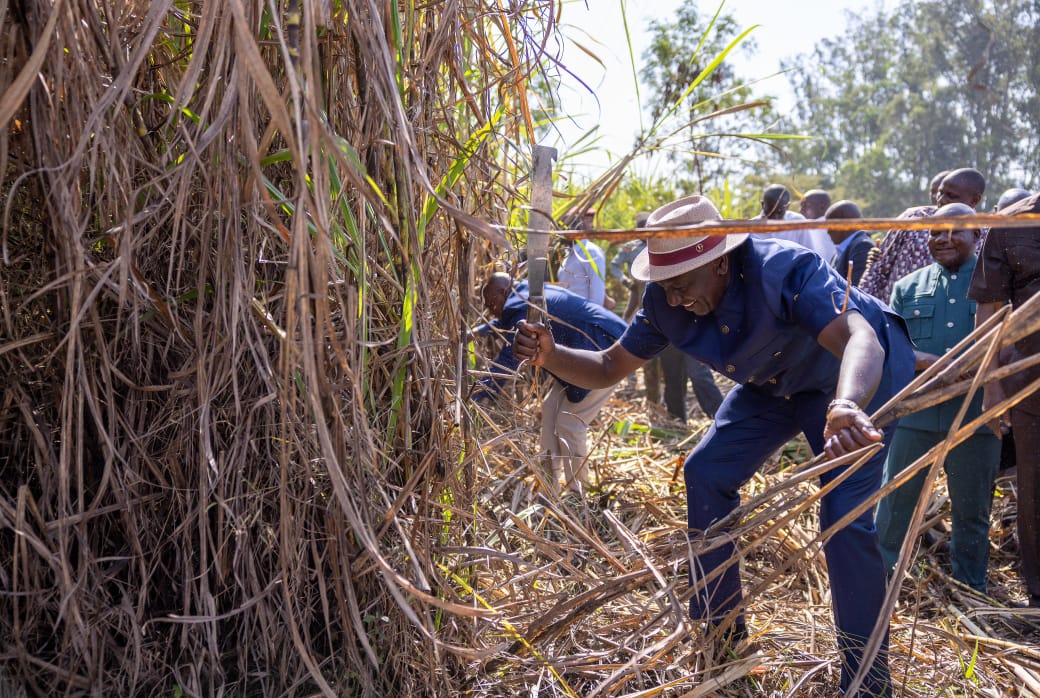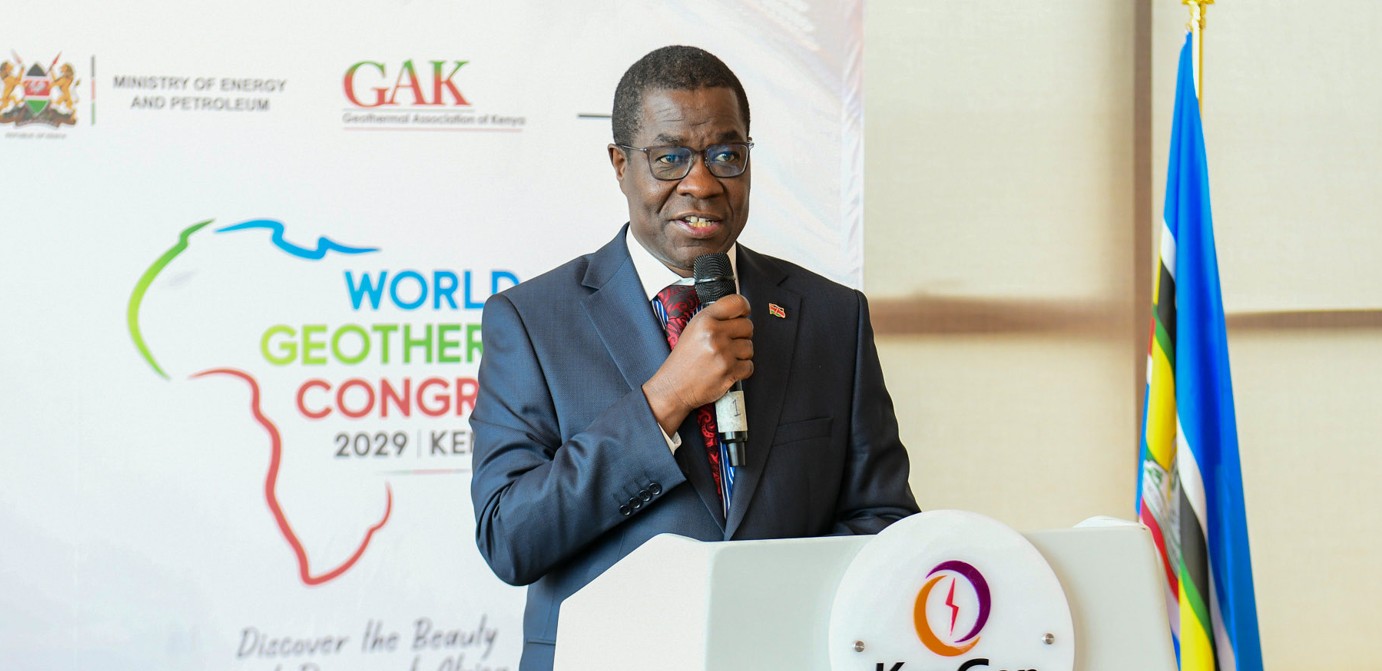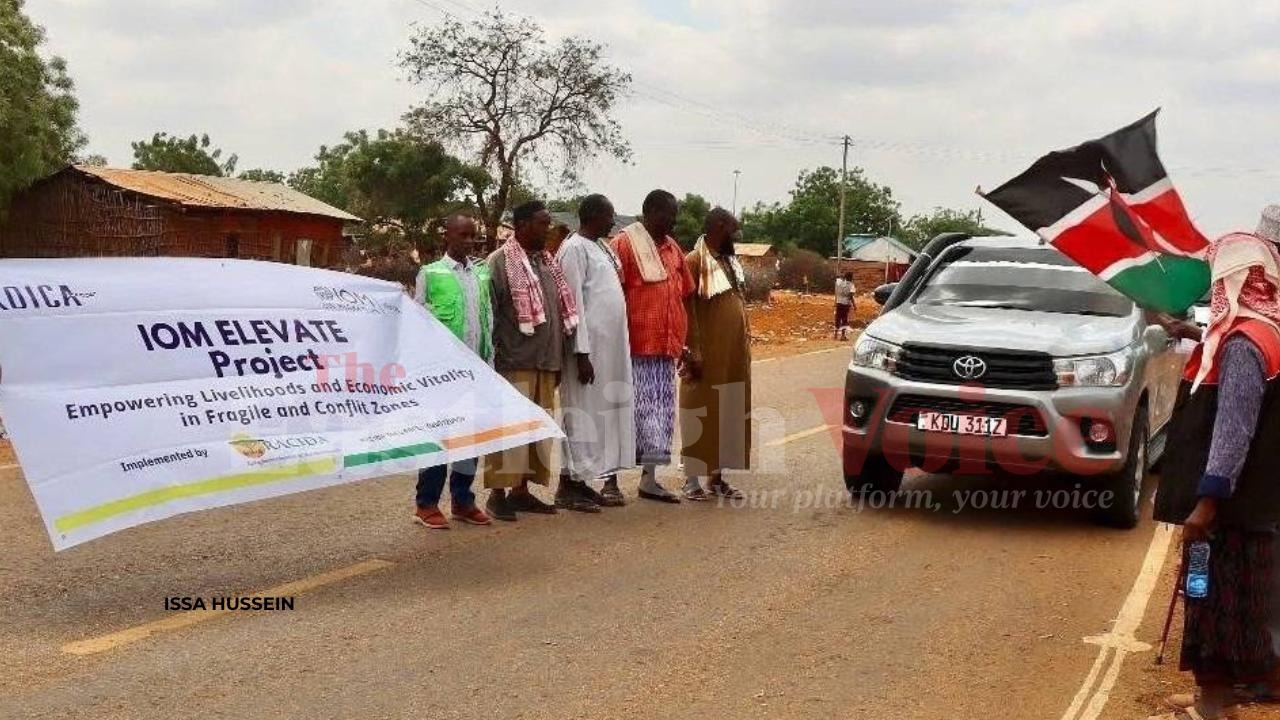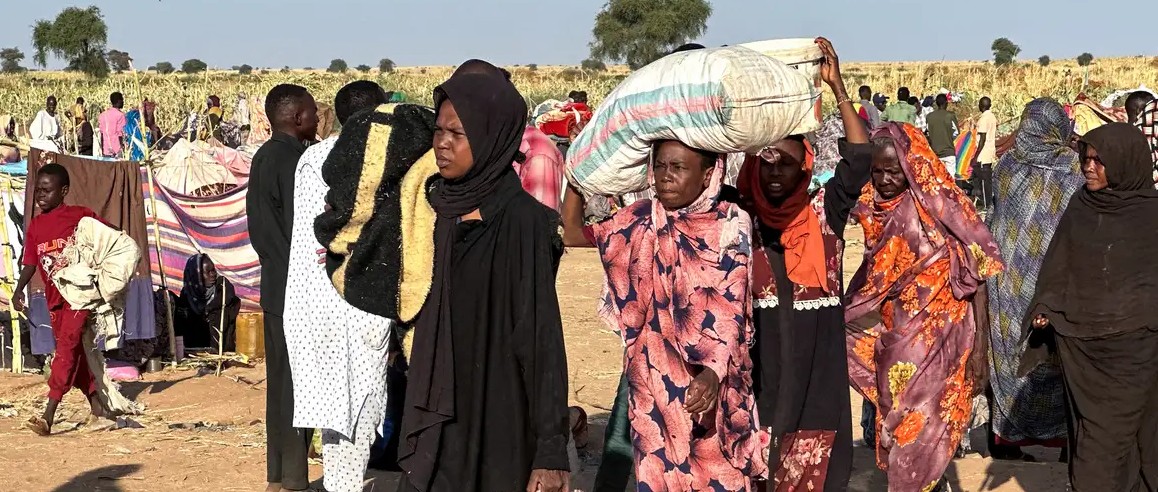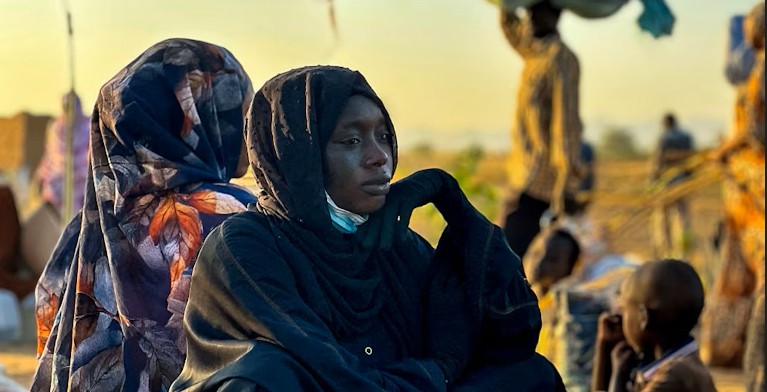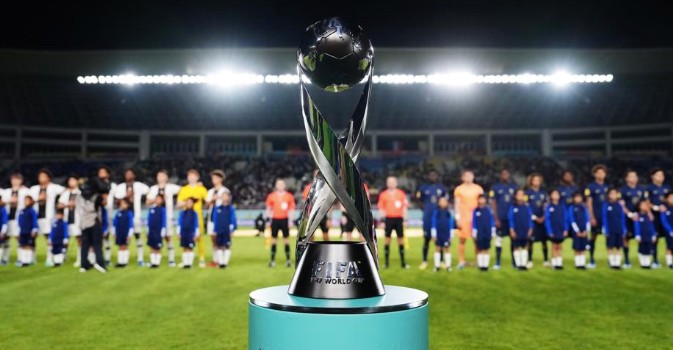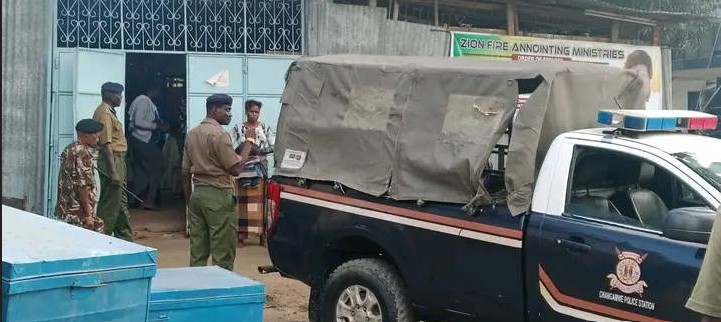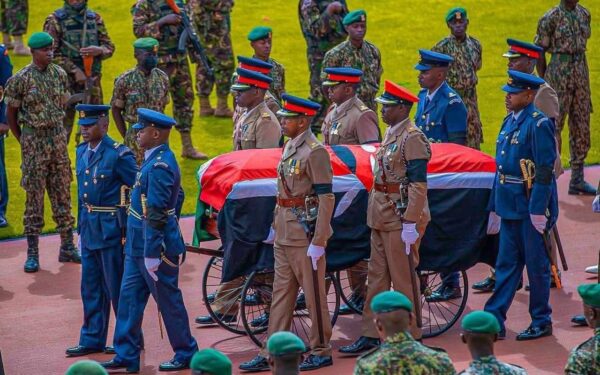Ebrahim Raisi: Iranian President who visited Kenya to forge closer ties with Ruto
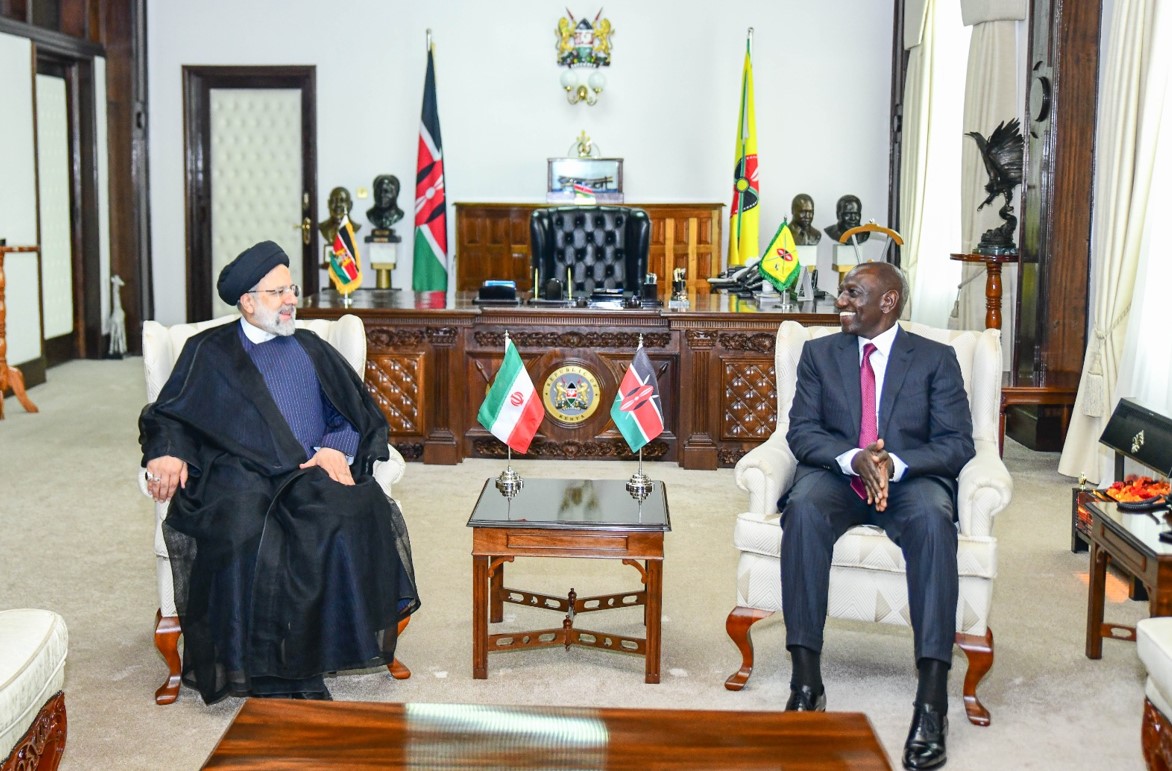
Raisi, who has previously described Africa as a "continent of opportunities", said he wanted to boost commercial ties with African countries.
President William Ruto's Iranian counterpart, Ebrahim Raisi, tragically perished in a helicopter crash on Sunday in a mountainous and forested area of Iran due to challenging weather conditions.
The crash, which took place in northwest Iran, comes at a very critical time as far as West Asia and the Middle East regions are concerned. For the past seven months, Israel has waged a brutal war in Gaza that was triggered by a Hamas attack on Israel last year.
More To Read
- Iran approves six candidates to run for president
- Iran's ex-President Mahmoud Ahmadinejad to run in presidential election
- Iran registers presidential candidates for early vote after Raisi's death
- Iran Chief of Staff recounts last moments before Raisi's helicopter crashed
- Iran President Ebrahim Raisi and other world leaders who have died in helicopter crashes
- Bell helicopters: Aircraft that killed Kenya's General Ogolla, Iran President Raisi
Tehran has been critical of the Israelis and the West.
Raisi, as president, is the second most powerful figure in Iran's political structure after the supreme leader, Ayatollah Seyyed Ali Khamenei.
In July 2023, President Raisi and his foreign minister, the hardliner diplomat Hossein Amirabdollahian, embarked on a state visit to Kenya to bolster relations with Nairobi, which has a pro-Western orientation.
This visit, marked by a military parade, a 21-gun salute, an elaborate reception, and other military courtesies, was closely monitored by Western capitals, particularly Washington.
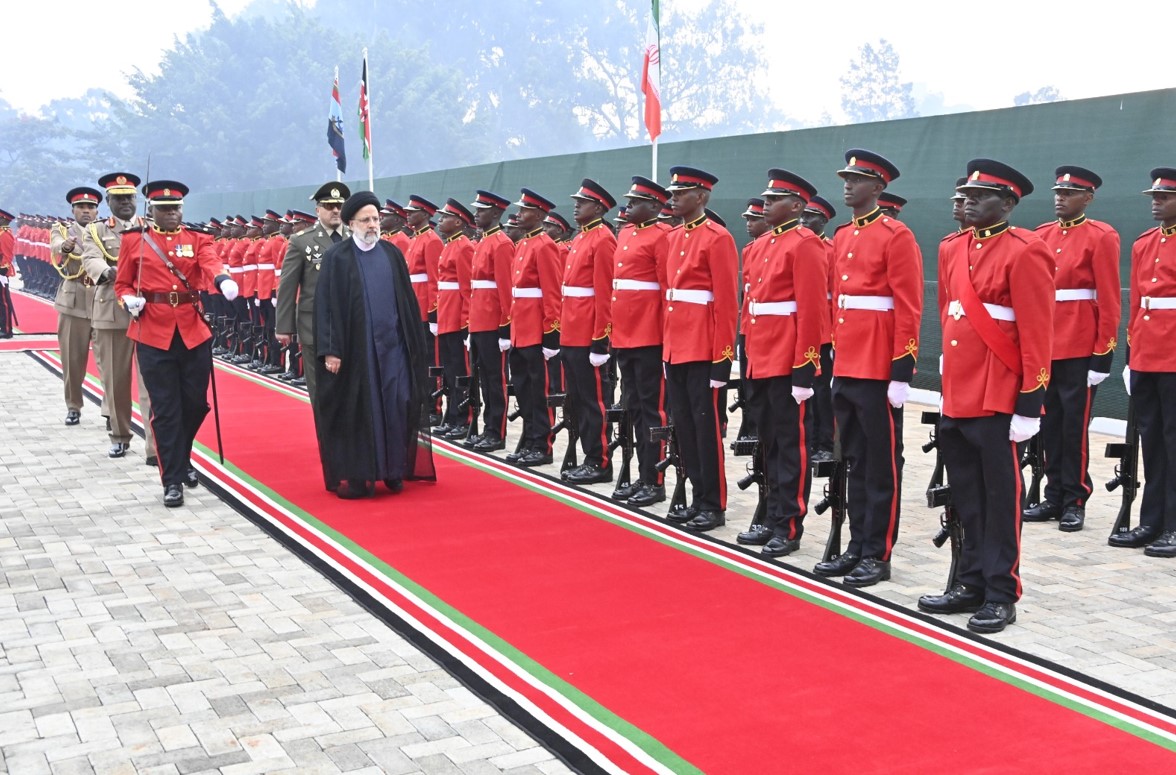 The late Iranian President Ebrahim Raisi inspecting a military guard of honour during his state visit to Kenya on July 12, 2023. (Photo: PCS)
The late Iranian President Ebrahim Raisi inspecting a military guard of honour during his state visit to Kenya on July 12, 2023. (Photo: PCS)
The US, which has imposed sanctions against Tehran in response to Iran's nuclear programme and its support for Hezbollah and Hamas, viewed the visit with scrutiny.
However, this did not deter the Iranian and Kenyan ministers from signing five memorandums of understanding, covering areas such as information technology, fisheries, livestock products, and investment promotion.
 The late Iranian President Ebrahim Raisi shares a light moment with President William Ruto at State House, Nairobi on July 12, 2023. (Photo: PCS)
The late Iranian President Ebrahim Raisi shares a light moment with President William Ruto at State House, Nairobi on July 12, 2023. (Photo: PCS)
Commercial ties
Raisi, who has previously described Africa as a "continent of opportunities", said he wanted to boost commercial ties with African countries.
"None of us are satisfied with the current volume of trade and the current economic exchange between countries," he said.
The Kenyan President expressed his desire for Raisi's commitment to facilitate increased export of Kenyan tea, meat, and other agricultural products to Iran and through Iran to Central Asian countries.
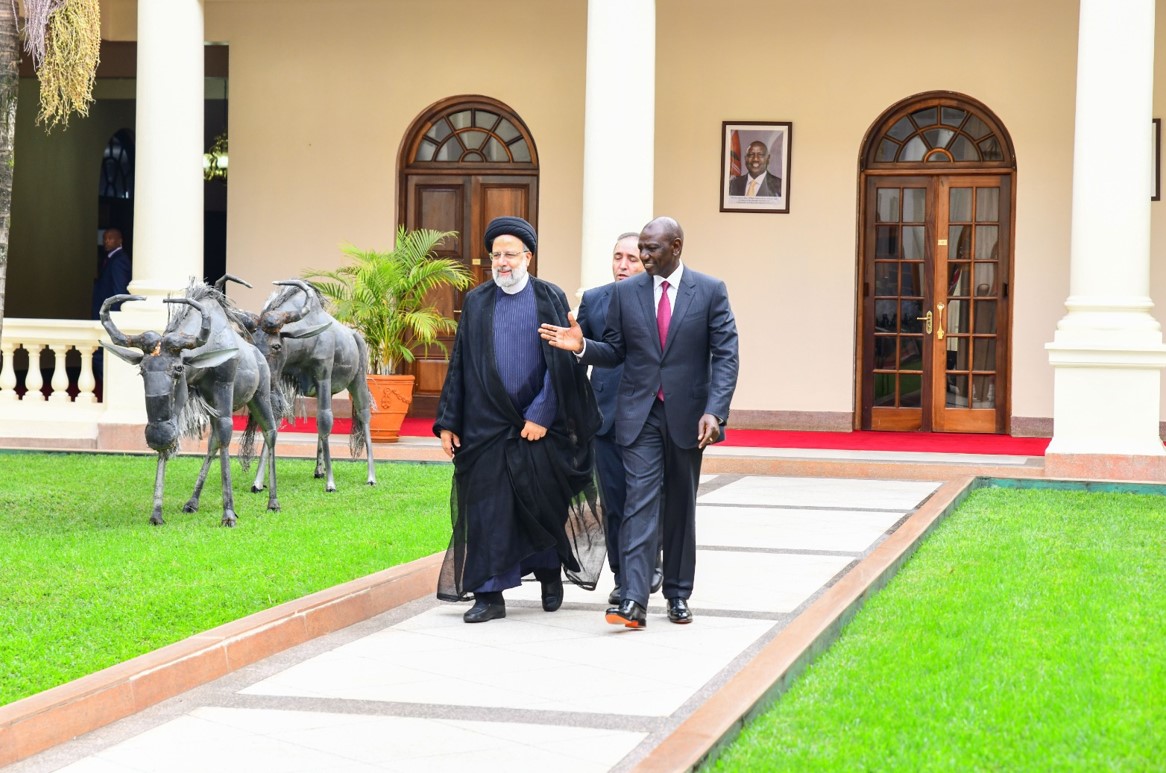 The late Iranian President Ebrahim Raisi (left) and President William Ruto at State House, Nairobi on July 12, 2023. (Photo: PCS)
The late Iranian President Ebrahim Raisi (left) and President William Ruto at State House, Nairobi on July 12, 2023. (Photo: PCS)
Other Topics To Read
Nairobi has been courting Iran to become one of the major consumers of Kenya's tea and has held sales exhibitions in Tehran aimed at wooing buyers.
Pakistan, which neighbours Iran is the biggest consumer of Kenyan tea, buying more than 40 per cent of the total beverage produced in Kenya, earning the country about Sh50 billion a year.
Iran has a large population of more than 80 million people with a per capita tea consumption of 1.4 kilogrammes against half a kilo for Kenyans.
The country imports more than 100 million kilogrammes of tea, with Kenya supplying about 20 million kilos annually.
Just before the visit in July last year, Kenya lodged a protest against Iran's imposition of a price cap on tea exports to the country, sparking a diplomatic dispute worth billions of shillings.
Tehran directed Kenya to limit the maximum price per kilogram of tea sold to the Asian nation to $3 (approximately Sh300), with penalties imposed on amounts exceeding this threshold.
In response, Kenya's Ministry of Foreign Affairs instructed its envoy in Tehran, Joshua Gatimu, now-recalled to seek clarification and advocate for a relaxation of the new regulation.
Top Stories Today

